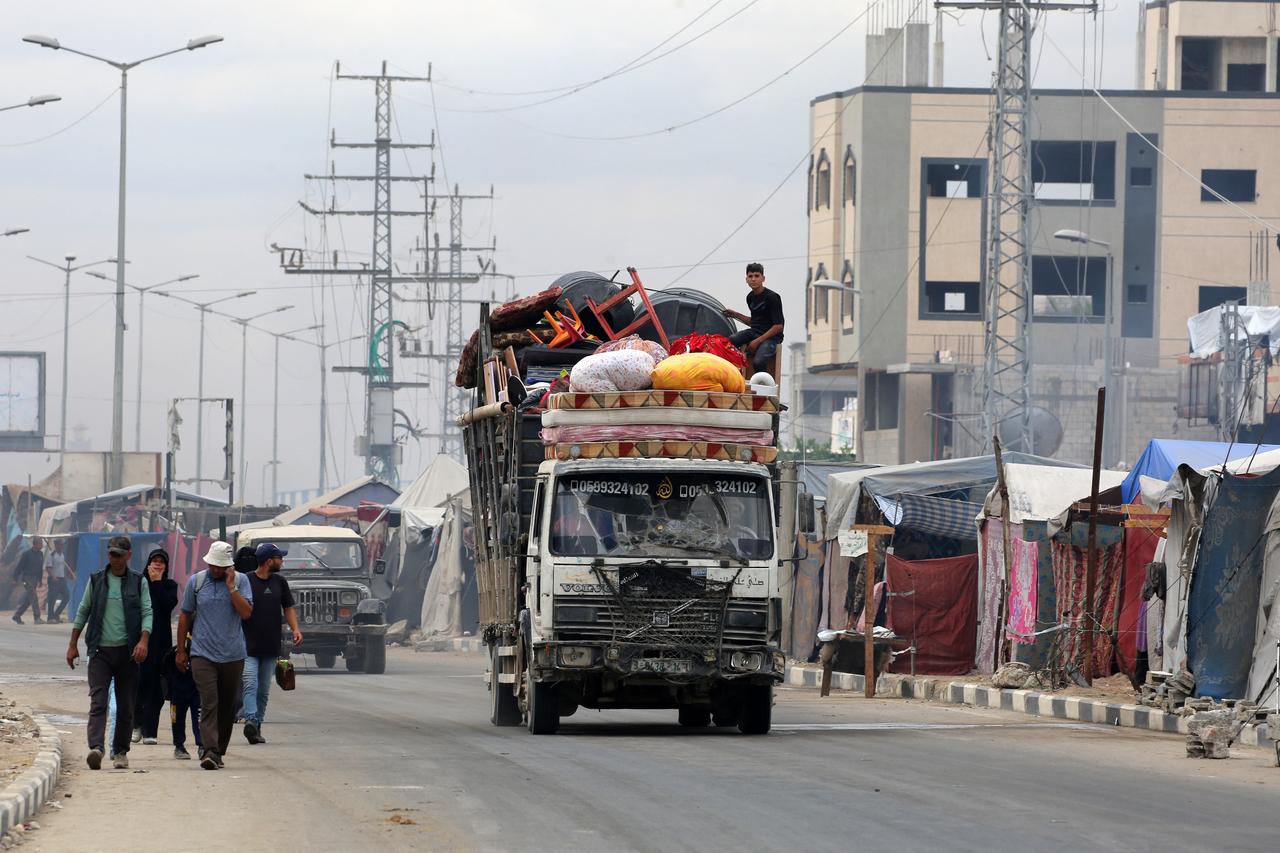
The ceasefire in Gaza, brokered under Trump’s initiative, remains fragile. Full coordination on the ground has yet to be achieved, and Israel’s ongoing attacks risk derailing the process at any moment.
Türkiye, however, attaches great importance to maintaining the ceasefire. Stability in Gaza is essential for regional security and social acceptance to function simultaneously.
The ongoing humanitarian tragedy in Gaza does not affect only a limited geographic area; its repercussions extend across a wide spectrum—from the Gulf monarchies’ social reform agendas to the mayoral elections in New York City.
Therefore, ending the humanitarian catastrophe in Palestine and subsequently establishing a stable political framework have become primary priorities for both regional and global actors.
This may also explain why the summit in Sharm El-Sheikh has drawn attention not only from Middle Eastern leaders but also from political figures across Asia and Europe.
Trump’s decision to assign Türkiye a role during the regional leaders’ meeting at the U.N. and later in Sharm El-Sheikh marks a significant development. Türkiye’s potential position as a guarantor in managing the Gaza process signals its renewed ascent in regional diplomacy.
During the Russia–Ukraine war, Türkiye had already demonstrated its indispensability to European security through active mediation and intelligence diplomacy.
Both Trump’s statements and other concrete indicators underscore that Türkiye—and particularly President Erdogan—has played an essential role in securing the ceasefire. This highlights Türkiye’s necessary place in regional peace efforts.
Several regional states have attempted to take the initiative on the Gaza ceasefire, yet none have achieved tangible results.
This is not a process that can be driven solely by financial means; it requires a complex and deeply interdependent web of actor relations. Türkiye’s ties with both Hamas and other Palestinian organizations stand out as the most crucial factor for producing concrete outcomes in this process.

On Nov. 3, a meeting will be held in Istanbul with the participation of the foreign ministers of several regional countries.
The aim is to preserve the fragile balance in Gaza and to prevent the erosion of diplomatic maneuverability and leverage vis-à-vis the United States.
Another key objective is to push for the transition of the ceasefire into its second phase. Türkiye, Qatar, and Egypt have emerged as the leading actors regarding the implementation of the ceasefire.
However, when it comes to Gaza’s reconstruction, financial support from the United Arab Emirates and Saudi Arabia will be crucial.
Yet the Gulf states are attaching certain conditions to their contributions. They insist that the emerging political environment and the interim cabinet in Gaza operate in alignment with their interests.
Many commentators in the Gulf agree that financial assistance should be conditional, linking aid to a reform trajectory within the Palestinian Authority while ensuring that the new political administration in Gaza remains compatible with the Gulf’s preferences.
Türkiye’s policy in Gaza, in one sense, also serves to preserve—and even deepen—the geopolitical influence it has gained in Syria.
Since 2010, Türkiye has become an integral part of the Middle East landscape, with regional actors, events, and dynamics shaping the core of its foreign policy.
Consequently, Türkiye regards its role as a key driver and facilitator in the Gaza resolution processes as strategically significant.